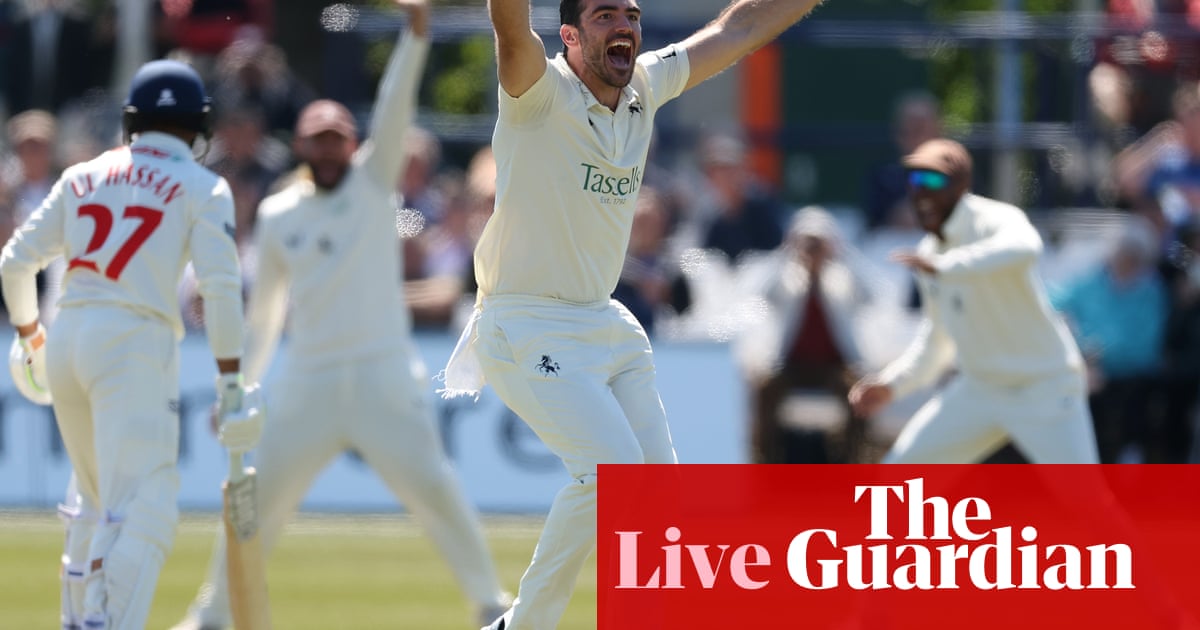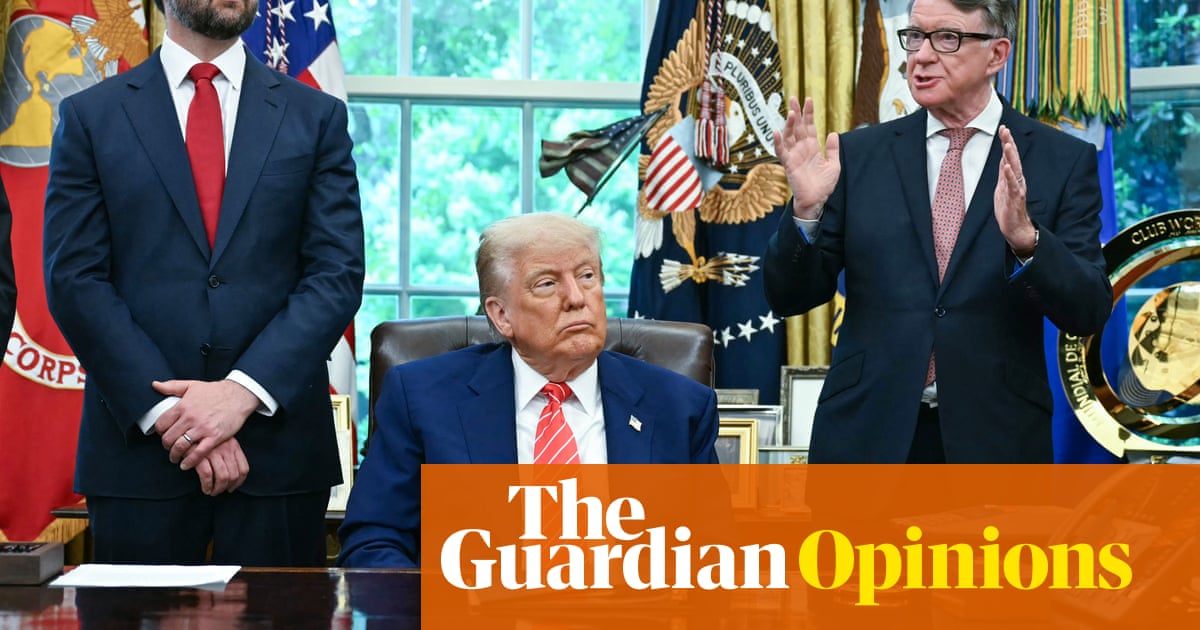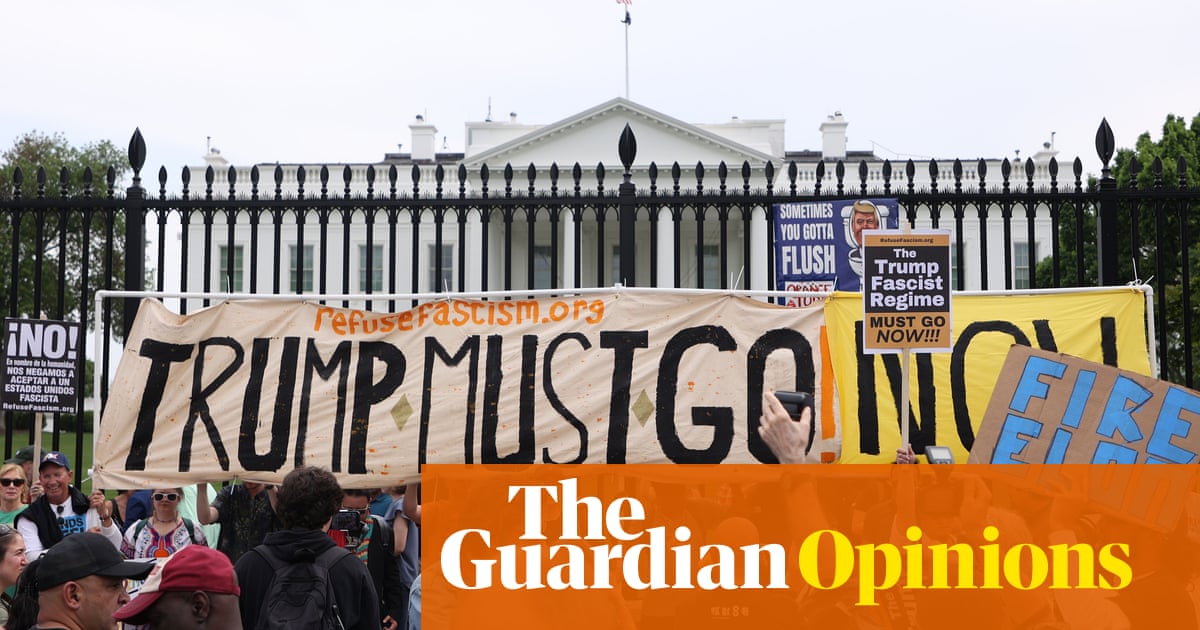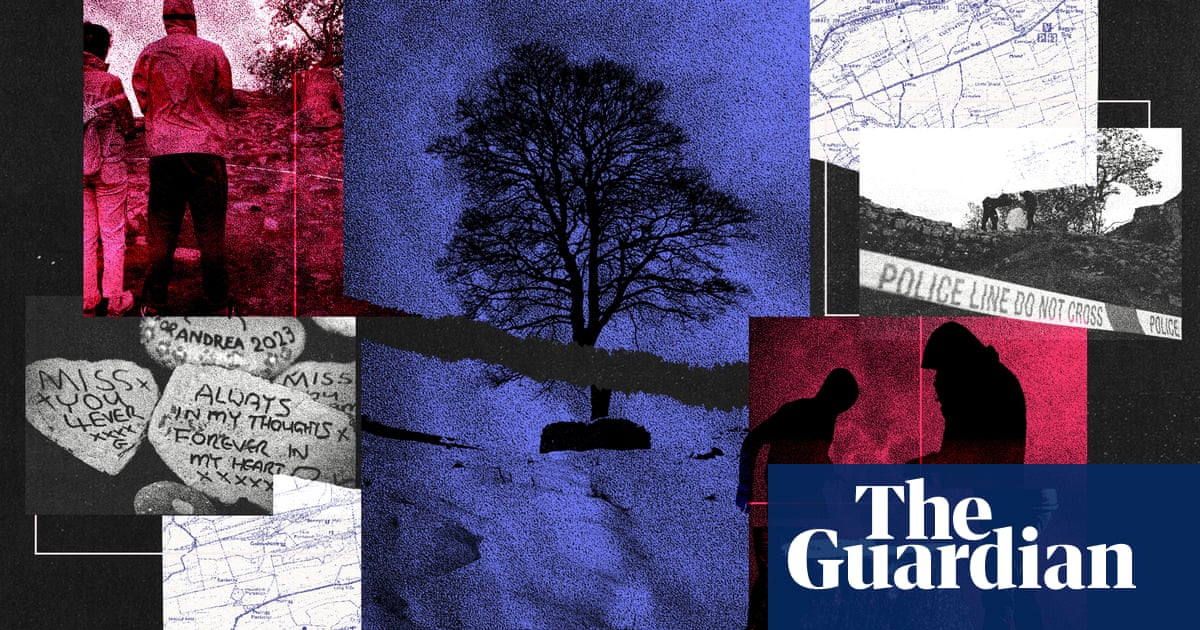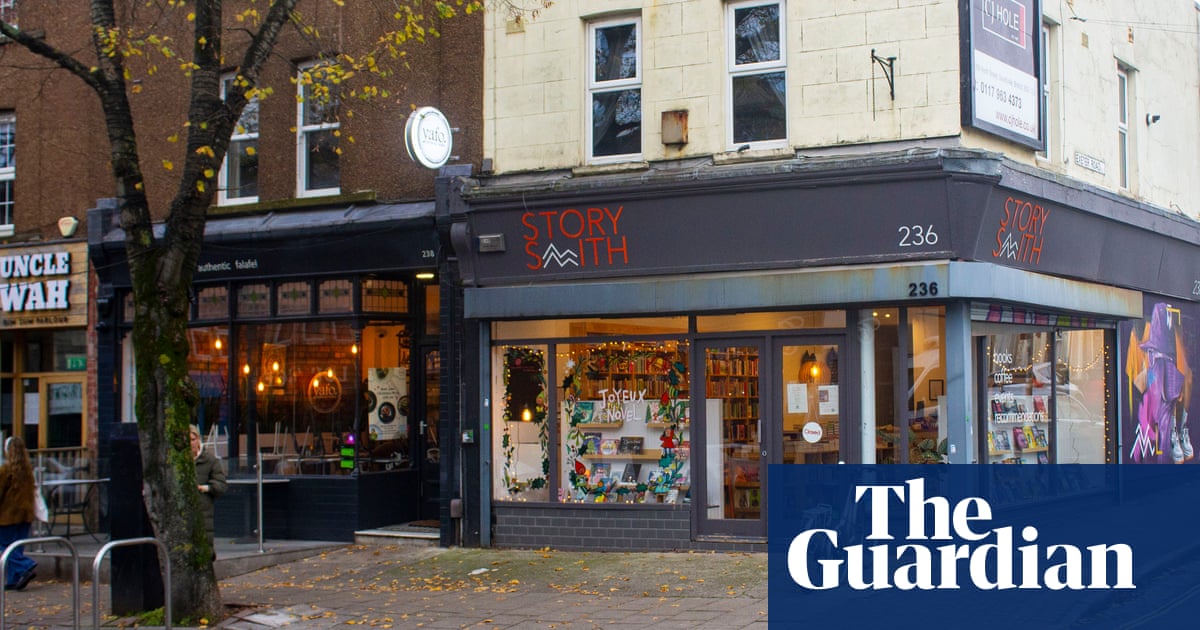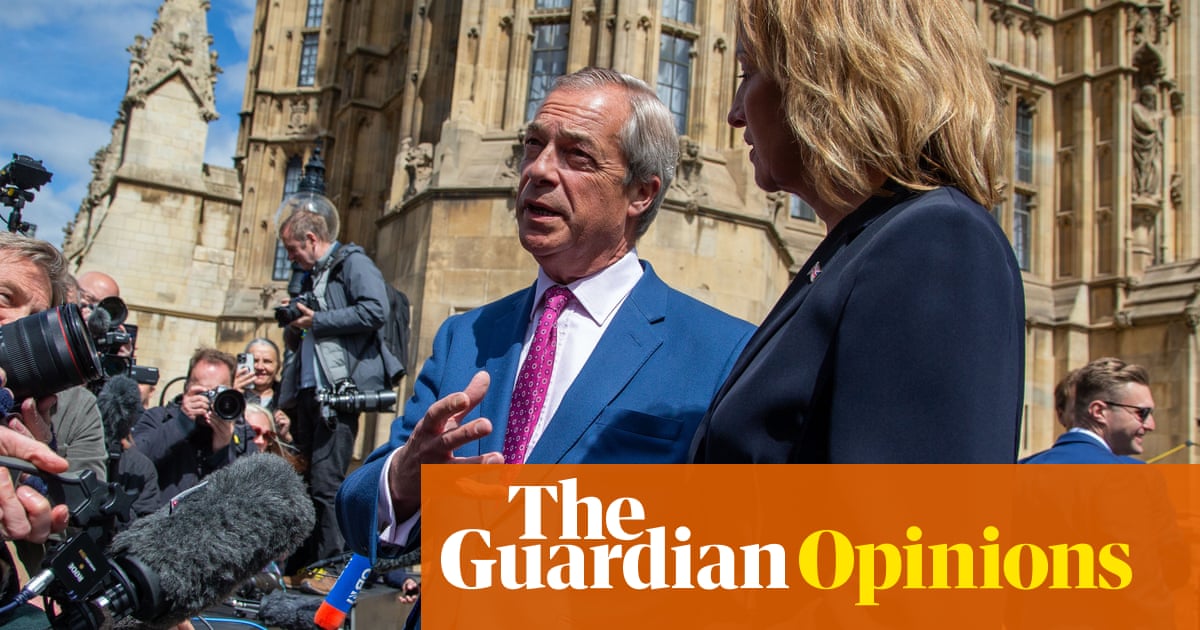At the end of the 1970s, there were two teams dominating English football: Bob Paisley’s much-lauded Liverpool and an up-and-coming Nottingham Forest under the guidance of the inimitable Brian Clough. In the final two seasons of the decade, they were the top two in the old First Division, winning a title each. When the two went face-to-face, it felt as if the victor was guaranteed success.
Liverpool have maintained their place at the top tables in England and Europe, whereas Forest’s journey has been more storied, the club dropping to the third tier before making it back to the top flight after almost a quarter of a century away. Now the pair are rivals for trophies again; Liverpool travel to the City Ground on Tuesday at the top of the pile and, much to almost everyone’s surprise, Forest are only two places below and dreaming of reliving the glory days. Win and they will be three points behind, albeit having played a game more.
The situation was not too far removed in 1977 when Clough’s Forest returned to the First Division and Liverpool had won the European Cup for the first timeand back-to-back league titles. Liverpool were head and shoulders above everyone in the country until a certain Mr Clough and his unlikely lads came along.
The two sides met four times in 1977-78, twice in the league, sharing the points on both occasions, and in a League Cup final that went to a replay won by Forest thanks to a John Robertson penalty. Forest then secured the title, seven points ahead of Paisley’s second-placed side.
“When we got promoted out of the old Second Division into the First Division, there was definitely not a rivalry between ourselves and Liverpool,” says the former Forest defender Colin Barrett, who played for the club from 1976-1980. “The real rivalry started then, because they thought we were the upstarts, spoiling their party. As a rivalry, as a get-together, they were hard games. We did every physical thing you could possibly do to each other. You wouldn’t get away with it now.”
Clough had assembled the best defence in the league and plenty of quality in attack. Forest conceded 24 goals in 42 games on their way to the title in 1978. Liverpool scored four fewer and let in 10 more, although they had the slight consolation of lifting the European Cup for a second successive year.
“Nottingham Forest were the team that I thought to myself: ‘Bloody hell, I wouldn’t want to play against John Robertson and John McGovern every week,’” says the former Liverpool full-back Alan Kennedy. “John Robertson would be worth £100m in the modern game.”
If that first year saw the creation of the rivalry, the second cemented it. Both were in the European Cup, Forest as the league champions and Liverpool as the holders. They had ambitions to go a long way in the competition, only for one slight problem: they were drawn to play each other in the first round. “I thought they might have done hot and cold balls to fix it,” jokes Kennedy.
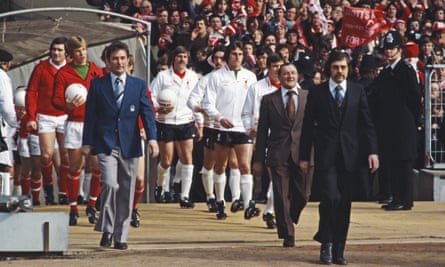
Clough increased the player bonus as an incentive, even though he knew his players were not in it for the money.
“It was very straightforward in every single thing we did in terms of games,” says Barrett, who still lives in Nottingham. “It was all about us. It was not about their dressing room, it was all about our dressing room. If he knew our dressing room was right, [Clough] said: ‘We’ve got a chance.’ So it was never about Liverpool, never about any other side either. He maintained that we’re not interested in them.”
after newsletter promotion
Garry Birtles scored the opener and Barrett added a rare goal from left-back to give Forest the advantage in front of a raucous home crowd. “It’s been argued – and I won’t argue against them – that it’s probably the most important goal at the City Ground that’s ever been scored,” says Barrett. “It was a special evening and I’ve lived on it for quite a few years.” A goalless draw in Liverpool sent Forest through and on towards glory against Malmö in the final in May 1979 but Paisley secured the league, to kickstart a run of five titles in six seasons.
“They were trailblazers,” Kennedy says of Forest. “I thought they were great for English football. We had a great team but they pushed us on to do better. We knew we could not be complacent with a team like Forest around and that helped us improve and go on to win so many trophies.”
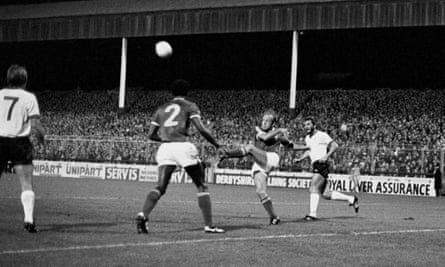
Barrett and some of his former teammates still meet every Thursday for a drink and a chat. John Robertson, Frank Clark and John O’Hare were among those in attendance last week. The conversation quickly turned to the reigniting of old flames and what may happen on Tuesday and beyond.
“We all agree that Forest have got something going this season,” Barrett says. “We also agree that if Liverpool don’t turn up, Forest have really got a good chance of turning them over, but that takes a lot of ifs. I think defensively Forest are as strong as they’ve been for quite some time. They’re now scoring goals and they’ve got pace up front. You put all that into the mix, I think it will be a really good game.”
Win or lose on Tuesday, Forest fans have the belief again they can achieve something special. “You see kids out in Forest shirts again, as opposed to Liverpool, Man United and City when you walk around town,” says Barrett. “It’s given the place a buzz again.”

.png) 3 months ago
37
3 months ago
37
